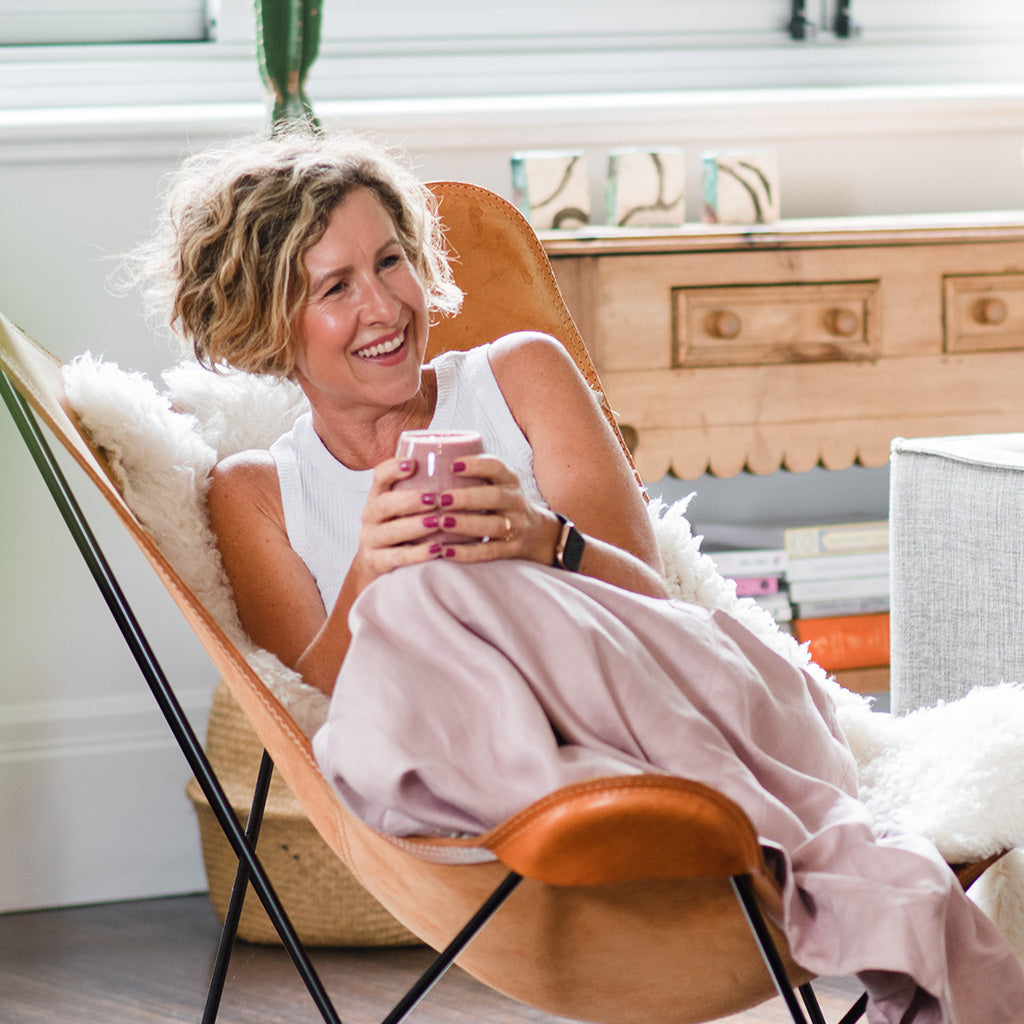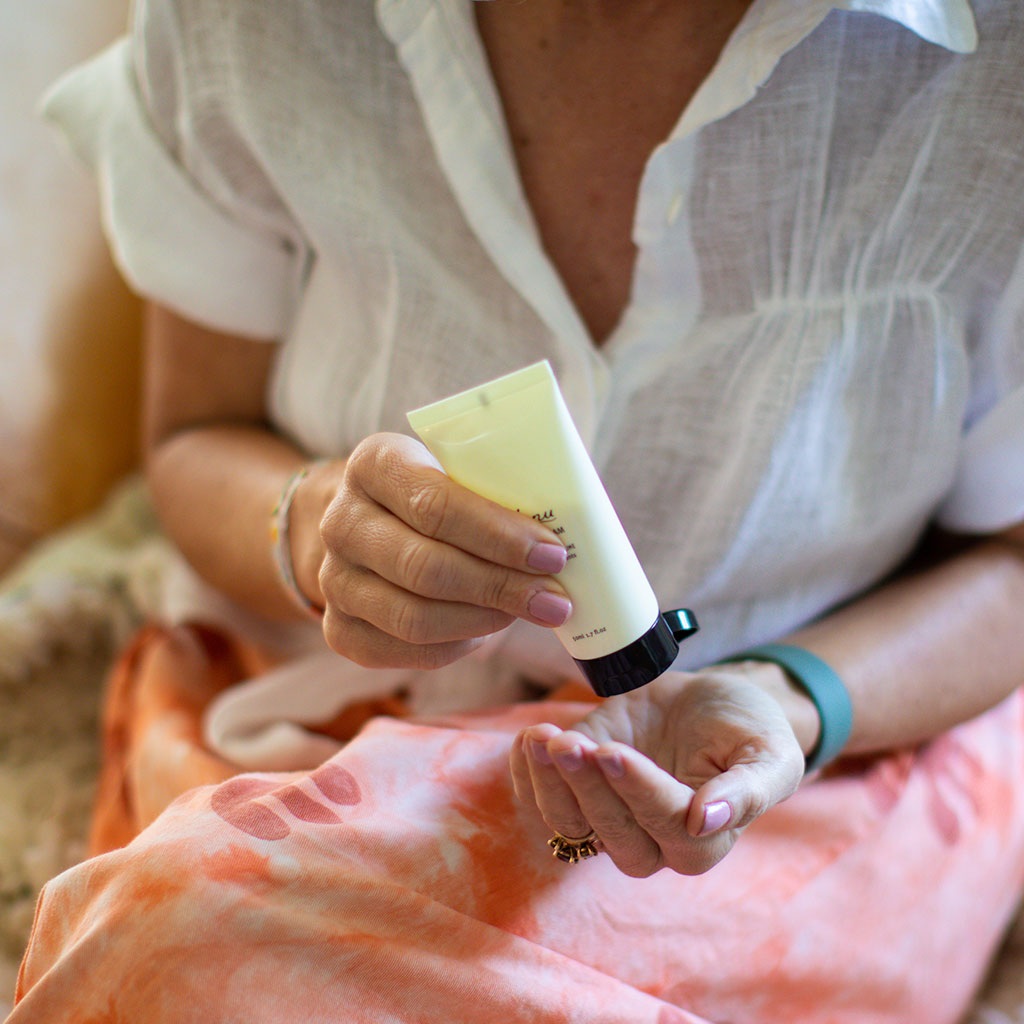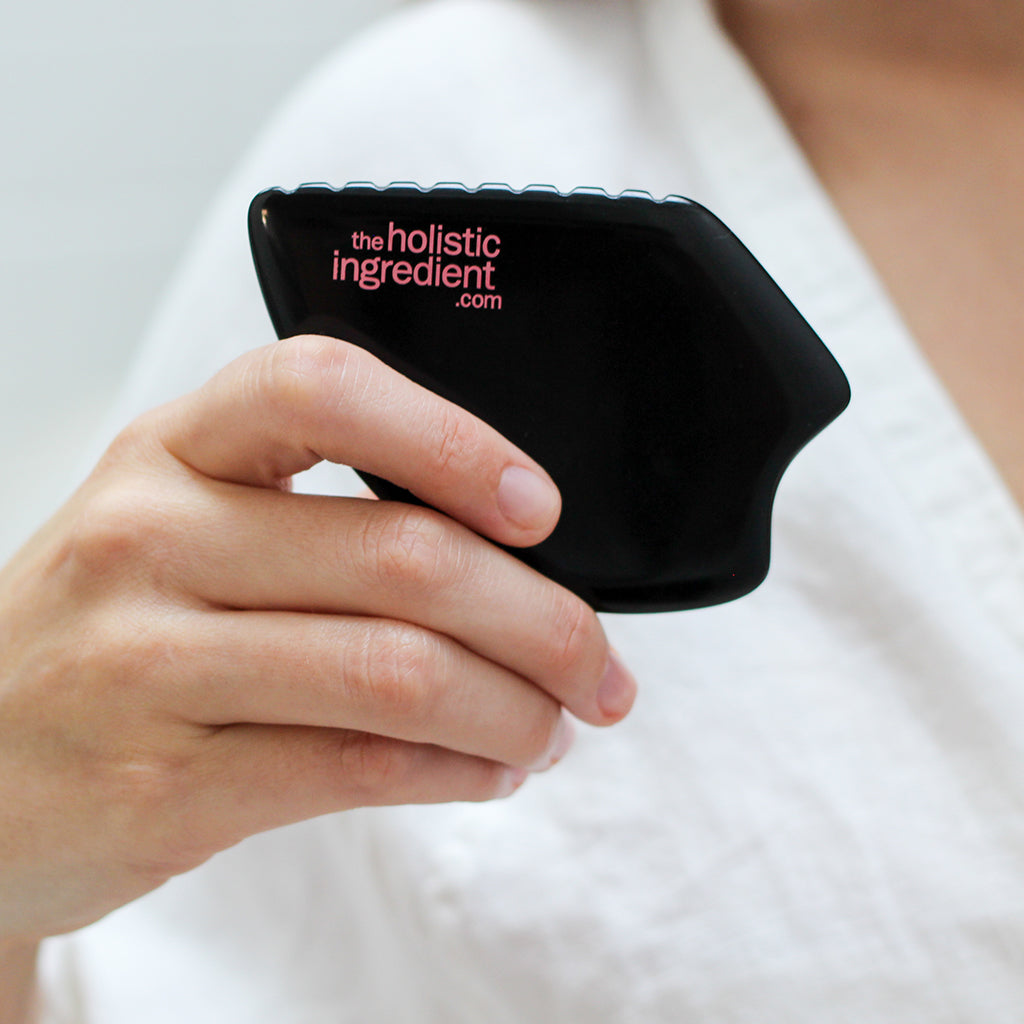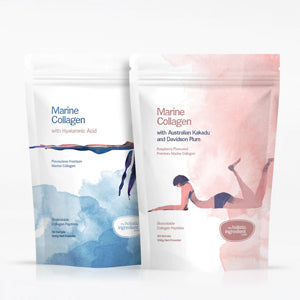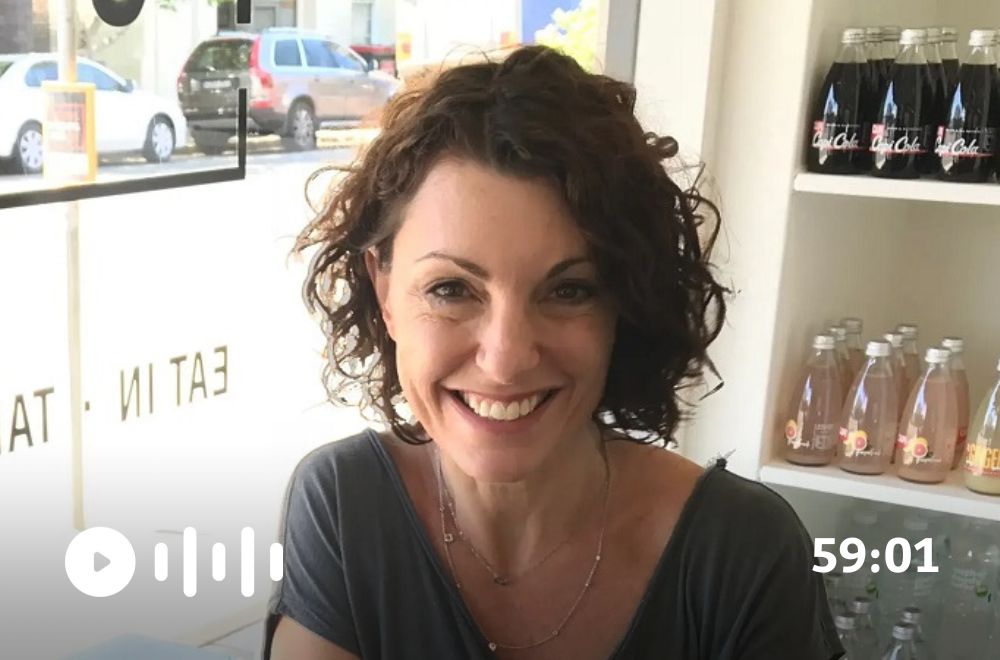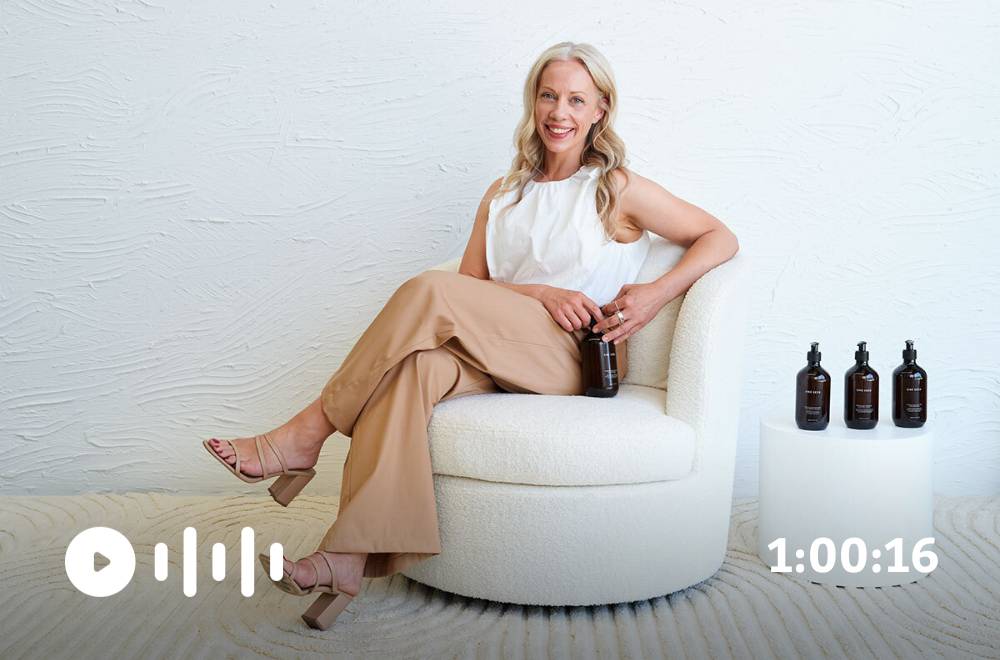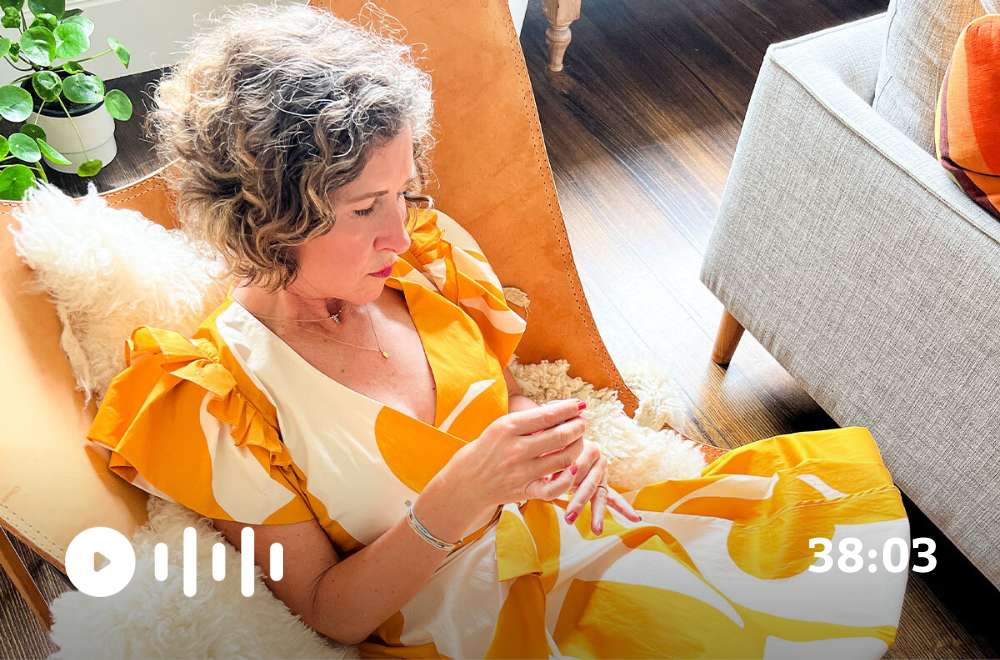
Melissa Browne, otherwise known as @moremoneyforshoes, is an author, runs online courses, has a podcast and works as a finance coach. I’m thrilled Mel is joining me today because her ultimate objective is to reduce people's financial overwhelm and help us find clarity around why we behave the way we do with our finances.
Listen to the full episode on Apple Podcasts, Spotify, Google Podcast and more.
Broadcast: August 27, 2021
Duration: 41:25
Here is a snippit of our conversation…
Nice girls don’t talk about money…
Mel: I think when it comes to money, there's this big ego and there's often a bit of a cloud where we feel uncomfortable talking about it. Maybe we feel ashamed talking about it. I see a lot of we think we're not at the age and stage we should be at, or it's that whole premise of, you know, nice girls don't say they want it, they like it, and they certainly don't say they want more of it.
Amy: It's interesting. You said something just then, about us being at that age and stage and perhaps things should have been different - and I imagine that as a coach, you come up against this a little bit, of women reaching middle age, for instance, who are yet to feel that sense of financial security and keep putting it off because it's just too late. Does that happen?
Mel: Yes. They kept putting it off or they are one in two of us that ends up in divorce and suddenly they've taken an enormous step backwards or their financial life has turned out to be a sham, which I see way too often. And they're at a place that they never expected to be. Or maybe they put family first, which I love, but put too much thought into superannuation and actually caring about what happened with the family finances. And they're in that position now where they're thinking ‘Oh crap, maybe I should have thought more about that’. And I think that's where social media and also us not talking about money has a big role to play because we then compare ourselves to other people. And what I know from seeing people's finances is that what we're comparing to is also a sham that the lives that people project are often behind it is so much debt, it's just not real.
Get ready for a financial detox...
Amy: So the very first thing any of us need to do, if we are looking to change our financial security, is just to bring awareness to our relationship with our money and our money mindset?
Mel: Yeah. So understand your money story, understand your money type, and a great way to do that is through what I call a financial detox. So 30 days of not spending and during that time, to question - because that's a great time. You're already focusing on not spending money and you work out what that no spending looks like for you and then figuring out why you're spending. Is it because you're bored? Is it because you've had a drink? Is it because we're in lockdown and there's nothing else to do when you're looking for a dopamine hit? Is it because I did something good so I should reward myself with something pretty? You know, what's the reasons behind it? And once you know that, then you can do something about it. So for me, it's about figuring out those patterns, figuring out those messages and then that's how we gain back control.
Amy: It's fascinating. Isn't it? It's really like eating behaviour.
Mel: Yes. Well, I actually think there’s so much synergy between food and money, so much.
Stay away from Afterpay.
Amy: Now Mel I've really enjoyed following you on Instagram and it's because of you that I've come to gain a better understanding of Afterpay, which I've used only once. I wondered for the sake of the listeners, if you could give us a quick explanation as to why you don’t support it?
Mel: Absolutely, and if you've gone to my Instagram, you'll see, I don't just not support it, I'm on my soap box about it. A lot of people have DM’d me and said, “I've never paid interest. So can you explain to me why it's so bad?” So one part of the issue I have is that they're not honest about their product, so they advertise it as a budgeting app when it's not - it's something that is being sold to retail in order to increase your average spend so that when the retailers use it, you'll spend more.
Amy: So years ago I used to lay-by on the odd occasion, but the difference with lay-by was that I used to have to physically go into the store and keep paying.
Mel: Exactly. It's the delayed gratification. That's the key. So you're paying it off, you're not paying interest still, but you're paying it off and you don't have the products. As soon as you have that, you've delayed gratification. Got the dopamine hit, but I'm still having to pay it off. To consumers, I say, please reject it. Like absolutely understand it's causing you to overspend and choose not to use it.
Amy: Great advice. So Mel, with respect to some of the ways in which we can further control of our finances at a time like this, assuming that's something that some of the listeners will want to be doing, what other things can we do in our day to day to help us regain that sense of control?
Reduce, pause and cancel your expenses.
Mel: So for me, there's three different buckets if you want to gain control. So one needs to reduce, pause, or cancel your expenses. So to go back through three to 12 months worth of your statements and question, can I get a better deal? Can I pause this for the moment? Especially if I'm in lockdown or do I need to cancel it? A lot of us are carrying subscriptions or carrying expenses and then we got lazy and we forgot to turn them off.
Then another one is find more cash. So this might be applying for covid grants. You're entitled to apply for federal monies you're entitled to, and I know people that aren't applying for it because they feel bad or they feel like they don't really need it. And to those people, I would say, we don't know how long this is going for, so apply for everything. You can put it into a buffer account, invest it, or spend it on a small business near you that absolutely could use it.
And then the third one is finding more money. So part of that is realizing where you can find more cash. Maybe it's selling your services on one of the many websites you can, maybe it's starting a side hustle. Maybe it's asking for a raise. If you’re in a business where they haven’t just not been affected, they're thriving and you're really contributing to that. If your house is a huge part of your expense, maybe it's looking at taking in someone. So bringing in an income, maybe it's looking at house sitting so that you remove that expense. But this one's all about finding cash.
If you’re in debt, find a counsellor...
Amy: My final question for you for somebody who is listening, thinking ‘Okay, enough is enough. I need to get started. I really need some help.’ How can you help them? Where should they start?
Mel: Do not go to one person for all of your financial needs in the same way that you wouldn't go to one store for everything that you want to wear or to one store for all the food that you're going to put on your plate. So I would start to understand what's right for you. So there are some incredible podcasts out there. So when you're walking, instead of listening to a crime podcast throw a finance podcast in there, so I've got one called Uncensored Money, but there are loads more. Start reading. There's some really great books out there. I've got a few, there are also ones that I really like on the share market or shopping for shares. And then if you are in that stuck position where you’ve just got a mountain of debt and you can't see a way out, that's what financial counsellors are for. So it would be maybe speaking to a financial counsellor before you reach for a credit card or a pay now loan or something like that.
Running a money marathon.
Amy: And just taking action and building and harnessing the momentum that starts, and that sense of empowerment when you start getting it.
Mel: And it's like running a marathon, I'm sure. Even though I've never done one, it hurts at first, you know, it's the same as learning a new language. It doesn't necessarily come as easily using this muscle. This financial literacy muscle is not going to feel like it's natural at first. And that's okay.

